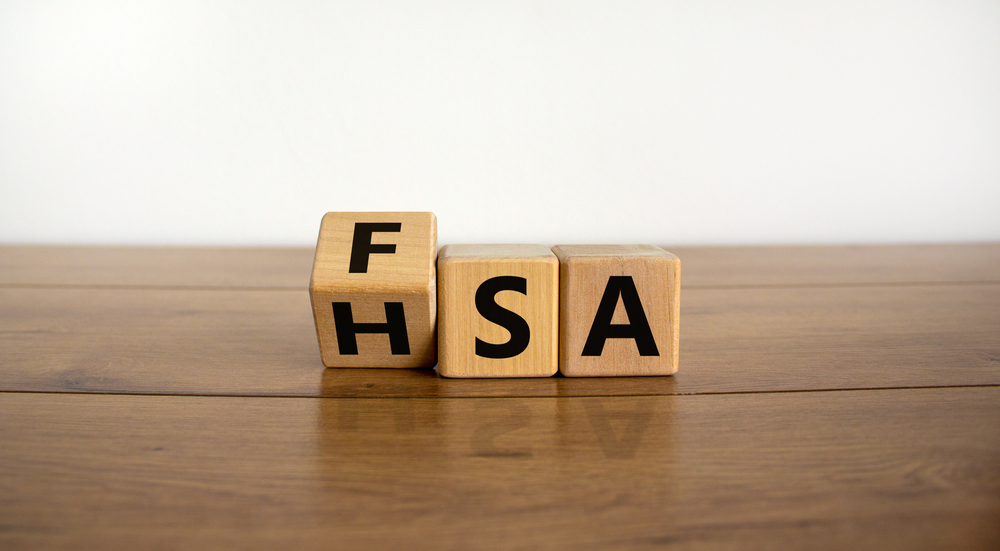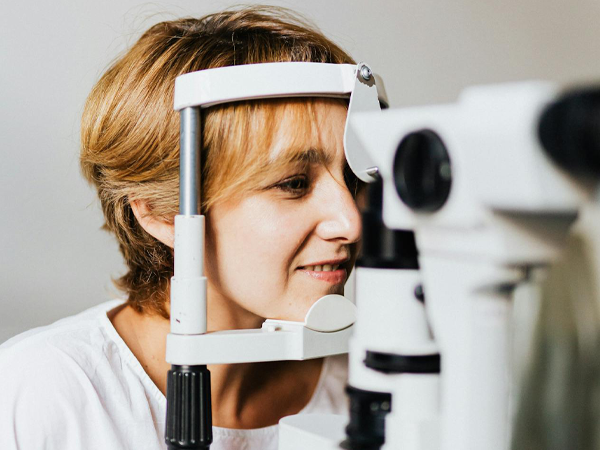
Health Savings Accounts (HSAs) and Flexible Spending Accounts (FSAs) can help to offset healthcare expenses. These tax-exempt accounts can pay for eligible expenses, reducing the cost of healthcare.
Most eye care expenses, such as prescription lenses and annual eye exams, are usually covered by vision insurance. Most people pay for expenses not covered by their insurance plan out-of-pocket.
Using HSA/FSA for Vision Care
Your HSA and FSA benefits can cover many healthcare expenses, including eye and vision care. Before making a purchase, you should review the list to learn if the items you need are eligible.
The HSA/FSA plan administrator can provide a comprehensive list. The coverage is not limited to items you purchase for yourself. You can use the plan to pay for eye care expenses for eligible dependents or your spouse. It may also include dependents covered by a different insurance plan.
HSA Accounts
You can get HSA benefits by opening an account at a financial institution or through your employer. To contribute to HSA, you must have a high-deductible health plan. When you open an account, you can contribute pre-tax cash.
You can roll over any HSA money remaining at the end of the year to the following year. When you want to withdraw the funds to pay for eligible eye expenses, you can use the money without paying tax on it.
FSA Accounts
FSA benefits offer less flexibility than HSA due to the “use-it-or-lose-it” policy. If you have an FSA account, you must use up all the funds before the end of the year. In some cases, an employer can grant you a grace period.
This carryover option offers extra time to use some or all of the money in the account the following year. Planning and identifying eligible expenses will allow you to use your FSA dollars before the deadline.
Eligible Eye Care Expenses
Many eye care items are eligible as medical expenses under HSA and FSA regulations. As a rule, the items must treat a specific eye condition or correct a vision issue to be eligible. Common eyecare expenses include:
- Prescription eyeglasses and contact lenses.
- Contact lens cases and cleaning solutions.
- Eyeglass cases and cleaning cloths.
- Eyeglasses repair kit.
- Laser refractive surgery.
- Keratoplasty surgery.
- Phakic intraocular lens implants.
- Intacs surgery.
- Bifocals, progressive multifocals, and reading glasses.
- Corrective swimming goggles.
- Prescription safety eyeglasses.
- Prescription sunglasses.
- Eye drops and rewetting drops.
- Eye allergy relief medications.
- Folding canes for the visually impaired.
Other eligible expenses include eye exams, eye charts, eye care co-pays, eyecare deductibles, therapy eye masks, and prescription sports masks.
HSA/FSA Benefits for Eye Appointments
You can use HSA/FSA benefits to pay for your eye appointment. You must work with a qualified eye doctor for all your eye care services. All the items you purchase must be considered medical necessities.
The funds can also help to cover travel costs for eye surgery or vision correction procedures. To qualify for the benefits, a qualified optometrist or ophthalmologist must perform the services. To confirm if the items you need are eligible expenses, contact your HSA/FSA plan administrator.
For more on whether you can use HSA/FSA benefits for your eye appointment, visit Cincinnati Vision Group at our offices in Cincinnati, Liberty Township, Dayton, or West Chester, Ohio. Call (513) 793-5970, (513) 712-5065, (513) 753-4981, (937) 435-4293 or (937) 579-0393 to book an appointment today.




